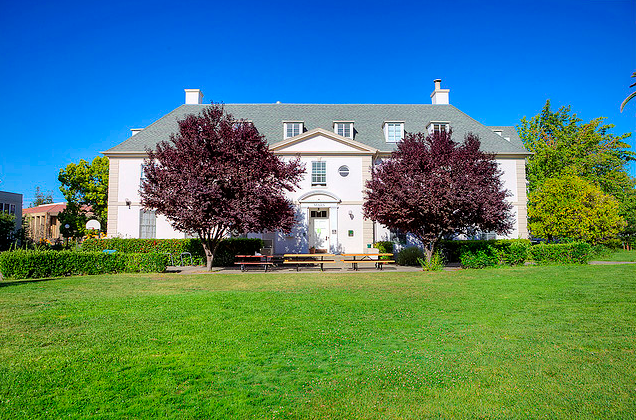QUESTION: Increasingly, people do not marry, or marry later in life. What is the environmental impact of a single person? Is it true that the increase in single households means a larger environmental impact and that living with a family is more environmentally friendly? If so, how can singles diminish their footprint on the environment? Asked by Domenico Nesci, Rome, Italy
ANSWER: Growing up as the oldest of four girls had its perks – I always had my own room. My sisters alternated sharing rooms with each other, each having to organize closet space, argue over which color the walls should be painted, and someone always got the bottom bunk. I had to deal with none of that—I had my space. My independence! No sister would steal my clothes!

Like me, with my own precious room, Americans value their personal space. For single people, this often means living and driving alone — activities that effectively multiply a person’s impact on the environment. Let’s take a closer look at these environmental impacts.
In many ways, living with people is simply more efficient. A TV, a refrigerator or a furnace is going to use about the same amount of energy whether one or four people are using them. A 2007 study by Jo Williams of University College London found that single-person households in Britain use 55 percent more electricity and 61 percent more gas per person than family or group households. They also purchase more household products and, according to another British report, generate 50 percent more food waste per person than households with two or more people.
The number of single-person households is indeed growing, due at least in part to divorce, later marriage, and the decreasing popularity of staying at home with the family. But singles, do not despair—there are many ways to be an environmentally savvy single.
One of most effective and fun ways to lower your impact is to adopt community-style living with other singles. “Co-housing” is already popular in Europe, and it’s a common part of the Stanford University experience, where there are seven different co-operative living houses for students. These are large houses collectively operated by a group of people, but co-housing can also take the form of smaller housing units with a shared community space.
According to Steven Michael Crane, Stanford’s cooperative living peer advisor, having these “co-ops” at Stanford makes students more open to community living arrangements in the future. “I consider the Stanford co-ops to be the educational training grounds that you need to choose a cooperative lifestyle [after college],” he said.
Crane emphasizes the economic and environmental incentives for community living. Bulk ordering saves money and can standardize good environmental choices across the whole group. And living in a co-op does not mean being forced to “deal with” a large group of people. It means living with a group of friends and always having someone to talk with. Community living can reduce a person’s carbon footprint, save some money, and make home into a fun, social space.
Read more about being single and sustainable in the Nitty-gritty answer.
Judee Burr is a Stanford senior majoring in earth systems and philosophy.


Co-housing does sound like a good way to reduce one’s carbon footprint.However,as even sisters would argue over the space,the possible conflicts among cooprative living peers,even if they were friends,could be a big concern.
More collectivist-statist garbage from the Communist environmental movement. Since the environment covers everything they want governmental control of everything, Green is the same old failed Red recycled. I’d like to leave a bigger footprint.
What is so sacred about future generations ? Why is morality reduced to arithmetic and only addition at that ? Why are the others so special that I should sacrifice my self-interest to theirs ?